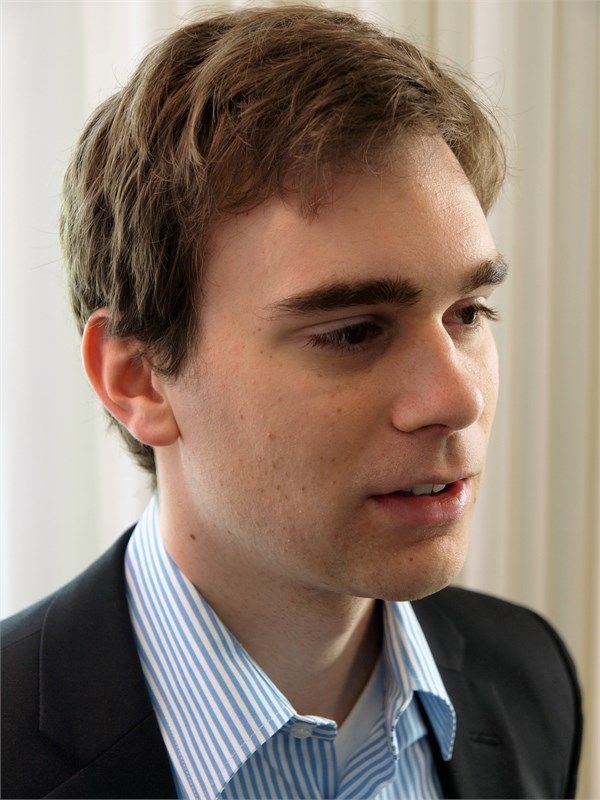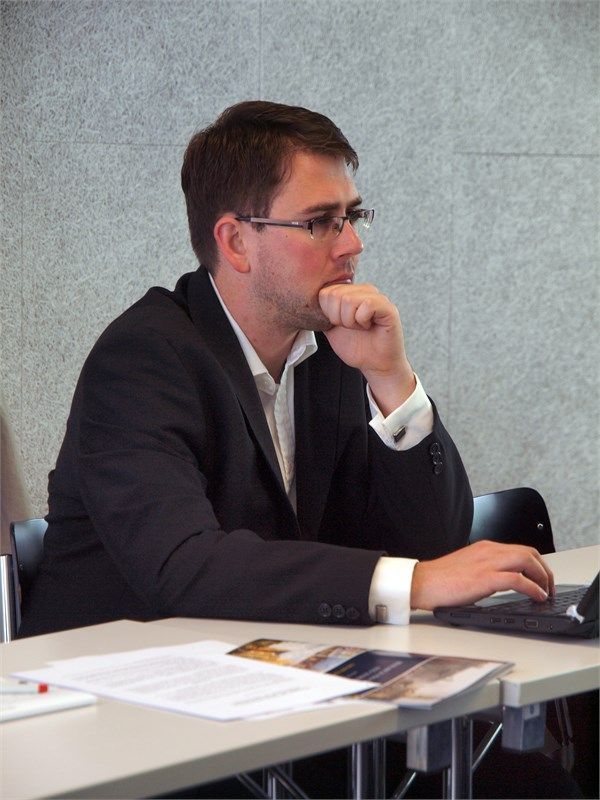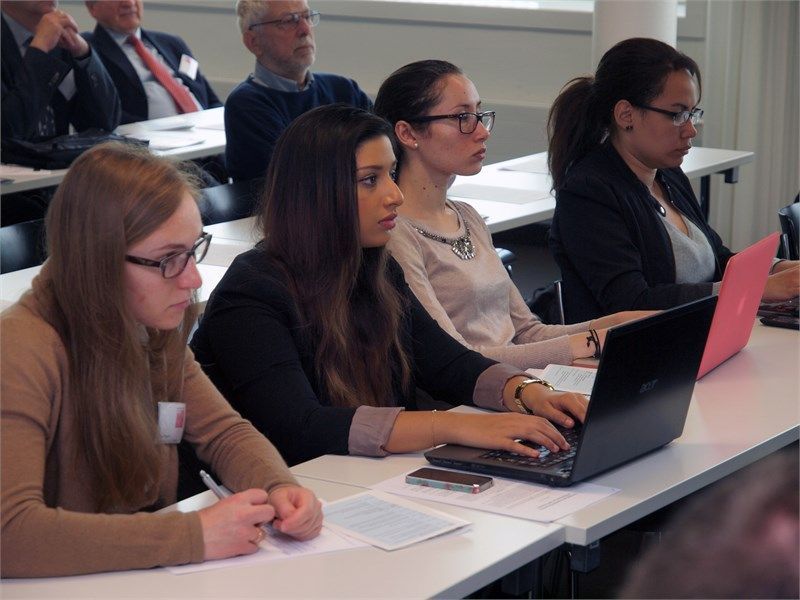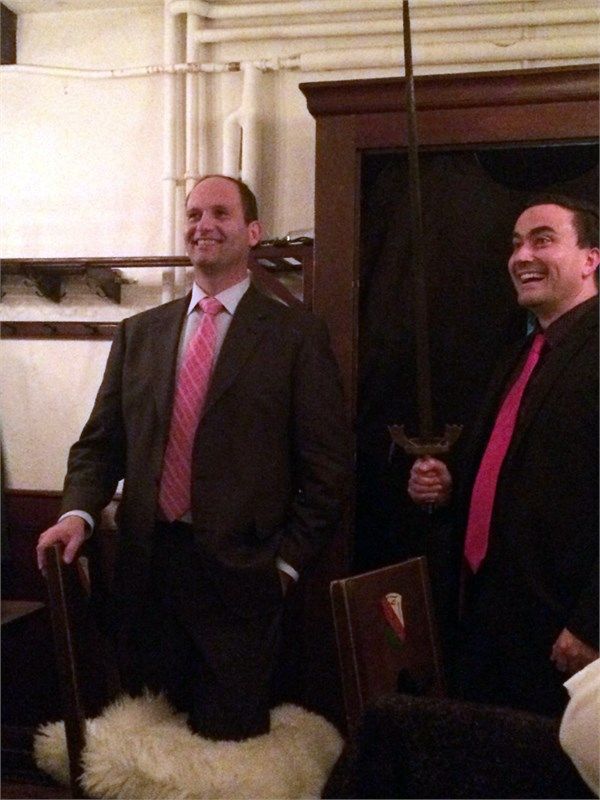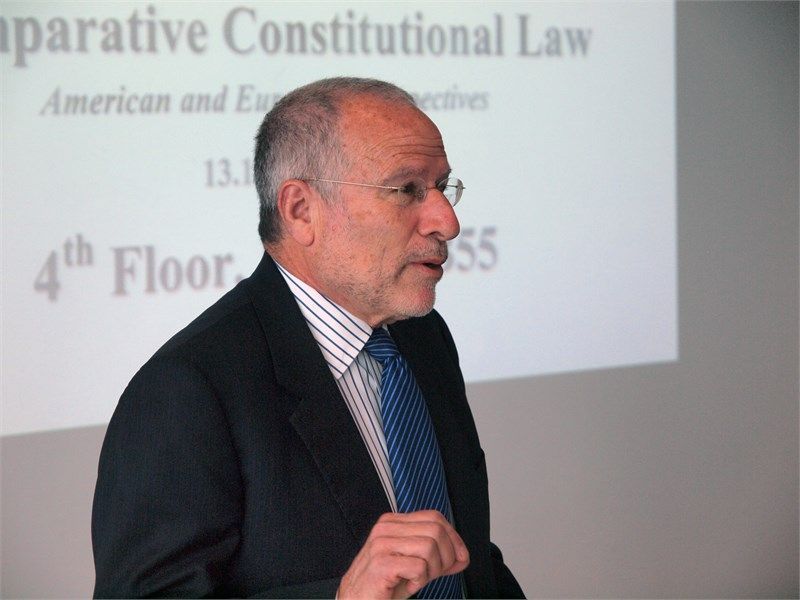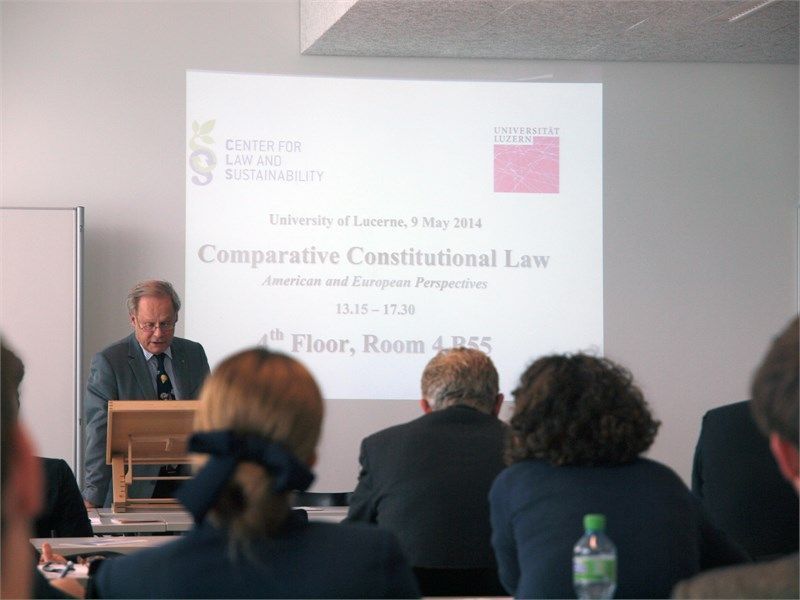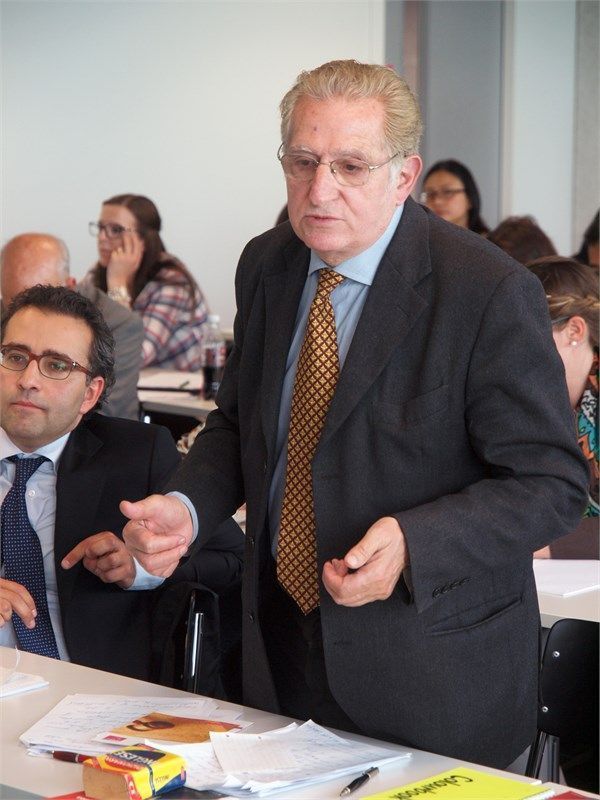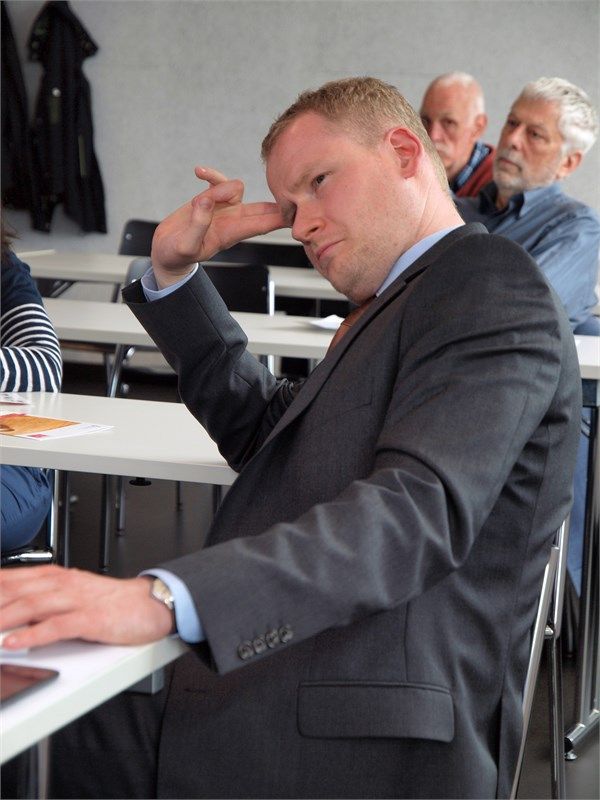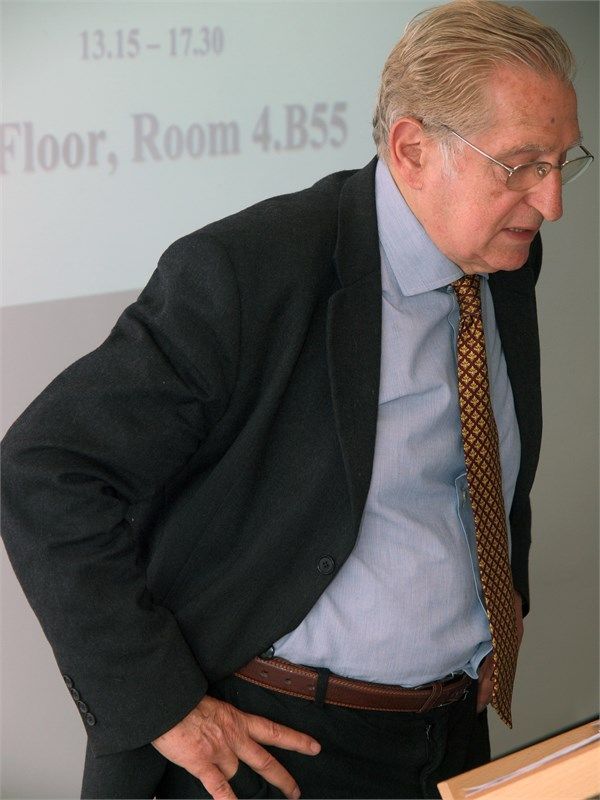Memory and Nostalgia in Law
Marett Leiboff (University of Wollongong)
Part of the laboratorium lucernaiuris lecture series
| Date: | 16 May 2018 |
|---|---|
| Time: | 18.15 h to 19.30 h |
| Location: | University of Lucerne, Frohburgstrasse 3, Room 4.B51 |
Abstract
If the development of the critical field of cultural legal studies tells us anything, it is that the non-legal cultural influences that shape and form lawyers affect their practices of legal interpretation. Despite this, law maintains an imagined dissociation between those influences and the interpretation of law. It is easy to think that the practices of legal interpretation mean that lawyers will put these non-legal cultural touchstones to one side, making law work regardless. Alternatively, because these influences are not ‘law’ it might be assumed that these will make no difference to the interpretation or application of the law itself, that lawyers – and as appropriate, jurors – will encode law aside from these kinds allusions or illustrations. Inevitably, cultural reference points are unique and individual, shaped generationally, and through the particulars of existence. Some of these reference points are grounded in the past as well as the present. But there is now a tendency to dismiss readings of the present shaped through history or outside current sites of injustice as having limited or no relevance now. But there is an alternate reading that is highly critical and dismissive these memories, histories, or cultural forms as a misplaced and dangerous nostalgia, grounded in criticisms that spring from observations such as those of Hardt and Negri in Empire that ‘We must cleanse ourselves of any misplaced nostalgia for the belle époque of that modernity.’
The liberatory claims built into this dismissal of nostalgia, however, now functions as a slapdown against reference points that act as markers reminding us of harm and oppression through law. The claim that references to the past are merely nostalgia damns history and memory, but instead valorises the possibility of radical rewritings of the past in order to suit the needs of the present. For law to lose its history and its memory, recast as mere nostalgia, invites radical re-readings of the conditions in which law is shaped, in the present to the intentional rewriting of the past in order to remove protections of law more broadly. The mere use of the word ‘alternative’ is now something that smacks of a dangerous reorientation that dismisses historical wrongs, and that works to create new modes of injustice, drawing on the past, that cannot be referenced without the tools of history and memory to help notice when law goes wrong, and injustice follows. This then begs the question: are claims of nostalgia agents of injustice?
Prof. Marett Leiboff (University of Wollongong)
Marett Leiboff is Associate Professor at the School of Law, University of Wollongong, Australia. Her research and scholarship centre on the legal theories of cultural legal studies, law and humanities and theatrical jurisprudence, with a particular focus on how the non-legal formation of the lawyer affects and influences practices of legal interpretation. She works with history, biography, and different cultural forms, and how they are experienced and encountered, in order to understand how lawyers interpret legal texts through time, and how non-legal experience through generational change affects that interpretation, and what this means for legal integrity.

































































































































































































































































































































































































